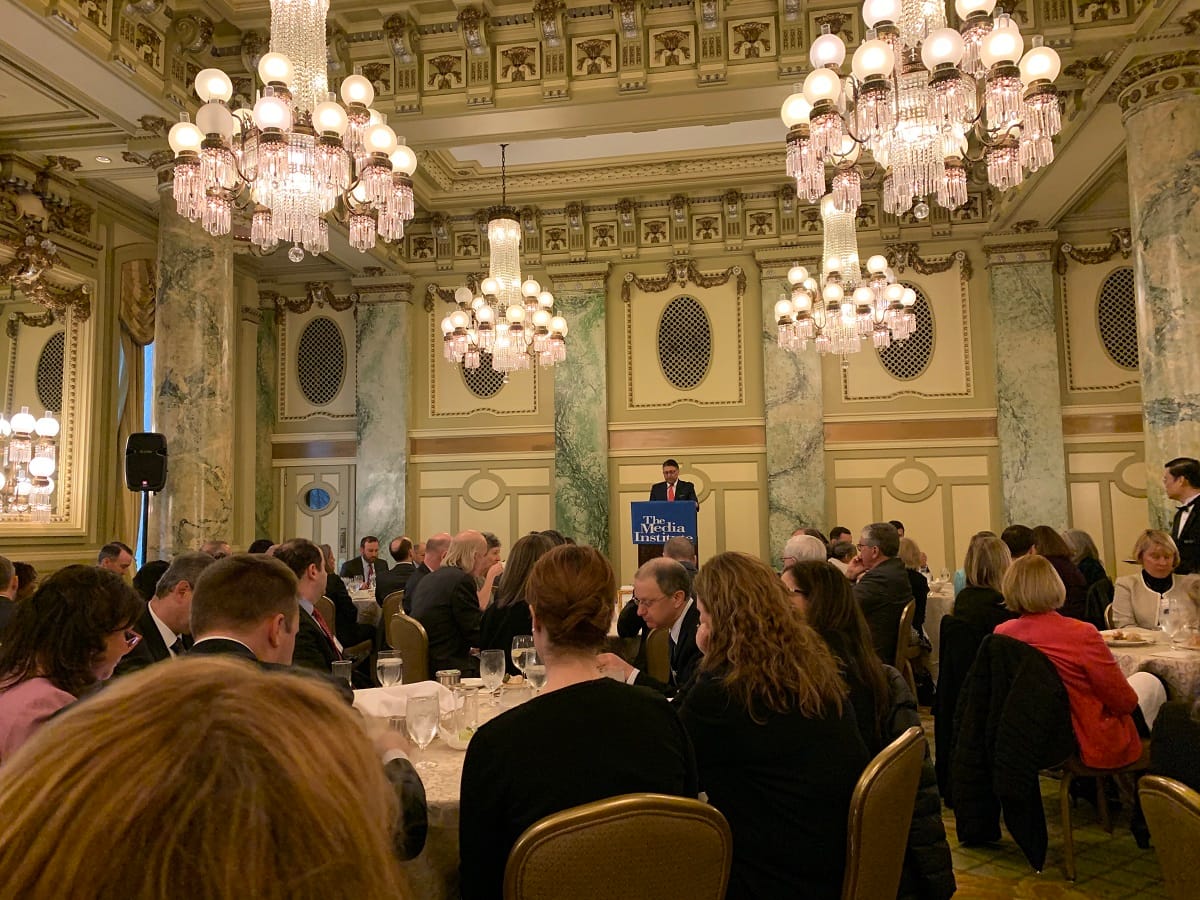Justice Department Antitrust Chief Pledges Department is ‘Getting Better,’ Talks Up T-Mobile Merger Approval
WASHINGTON, February 6, 2020 – Assistant Attorney General Makan Delrahim surveyed the antitrust and merger landscape from the Crystal Room of the Willard Hotel using the example of the T-Mobile/Sprint merger. He defended it for allowing rural communities to have better broadband. Delrahim, who overs












Member discussion